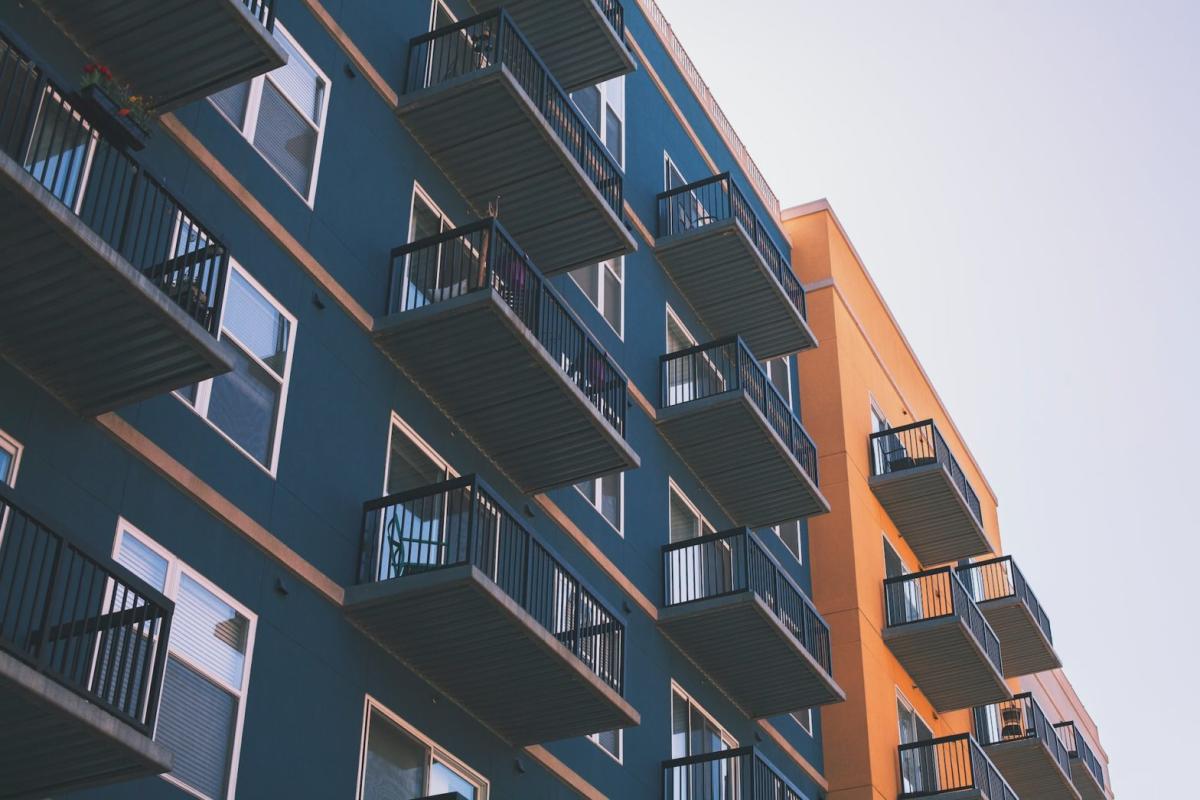Too many rich people have invested in Airbnbs, more than a million remain unoccupied
The Airbnb boom trend appears to be downward for many hosts. Discussions on social media platforms, from Twitter to Reddit, reveal the frustrations users felt when booking. Today, hosts are feeling the impact as travelers opt for alternative accommodations.
Market analysts say many US-based Airbnbs are empty because wealthier people and investors have listed short-term rentals on the site, in a bid to capitalize on the influx of travel fueled by the pandemic.
Short-term rental listings rose significantly to 1.38 million in September, a 23.2% year-over-year increase, according to AirDNA.
Supply increased as demand slowed
The increase in supply is due, in part, to a 235% increase in sales of luxury second homes and investment properties from April to June this year compared to pre-pandemic levels, as noted TIME. These homes serve as seasonal or recreational properties, making them ideal for Airbnb when their owners aren’t using them.
As the shutdowns ended, pent-up travel demand led to a surge in short-term rental bookings. The lucrative market prompted former long-term owners to turn to shorter stays while institutional investors began picking up large amounts of rental properties on Airbnb and other platforms.
“2021 has been a banner year for short-term rentals in the U.S., largely due to pent-up demand following the shutdowns that significantly boosted domestic travel,” said Jamie Lane, vice president of research at AirDNA. “Over the past few months, supply has increased to catch up and even outpace demand growth, driving down occupancy as bookings are spread across more properties.”
According to AirDNA, occupancy rates fell in 31 of the 50 largest U.S. short-term rental markets from July through September. In August, AirDNA reported that markets where supply had increased by more than 50% saw average occupancy declines of more than 10% and saw revenues fall by 8%. “Properties that are in the markets with the strongest growth in supply experience the biggest declines in performance,” Lane says.
Despite the pressure felt by some hosts, Airbnb reported its “most profitable quarter ever.”
“Demand continues to grow each month, as do Airbnb’s bookings and revenue,” says Lane. “Although hosts in some markets are seeing a correction after a pandemic-driven boom, overall demand remains very strong and we are not yet seeing an ‘Airbnb meltdown’.”

Good news for travelers
The increased supply means more options to choose from. While prices remain high, for now, increased supply means the ability to be more selective about which properties and which hosts travelers decide to book with.
If a host unfairly assigns menial tasks to guests or charges them unreasonable fees, it won’t benefit their business, says Neal Carpenter, owner of short-term rental advisory service The Air Butler.
“If you [as a host] ask people to do more than what is fair, reasonable and common, that’s a problem,” says Carpenter. “If you’re trying to charge exorbitant cleaning fees and profit from it, that’s questionable behavior.”
According to AirDNA, if occupancy rates continue to decline in more destinations, fares should be lowered as hosts attempt to secure more bookings.
“The growth of short-term rental listings is driving down nightly prices and reducing the profitability of owning these vacation rentals, which should translate into longer-term rental supply, helping to drive down rents. “, says Taylor Marr, assistant manager. economist for real estate brokerage Redfin.
A tip for hosts
Neal encourages Airbnb hosts to “put [themselves] in the shoes of travellers” if they want their property to stand out. “If you notice a drop in bookings, look at your competition and make consistent updates to your property,” he says.
Another Airbnb host, Jim Ewing, shares, “It seems a lot of people are fed up with Airbnb and they’re angry at the way some hosts are treating them now. I’m curious to see if my timing for exiting the short-term market is the right choice, and if in six months or 12 months Airbnb becomes a bad investment for people.


Comments are closed.